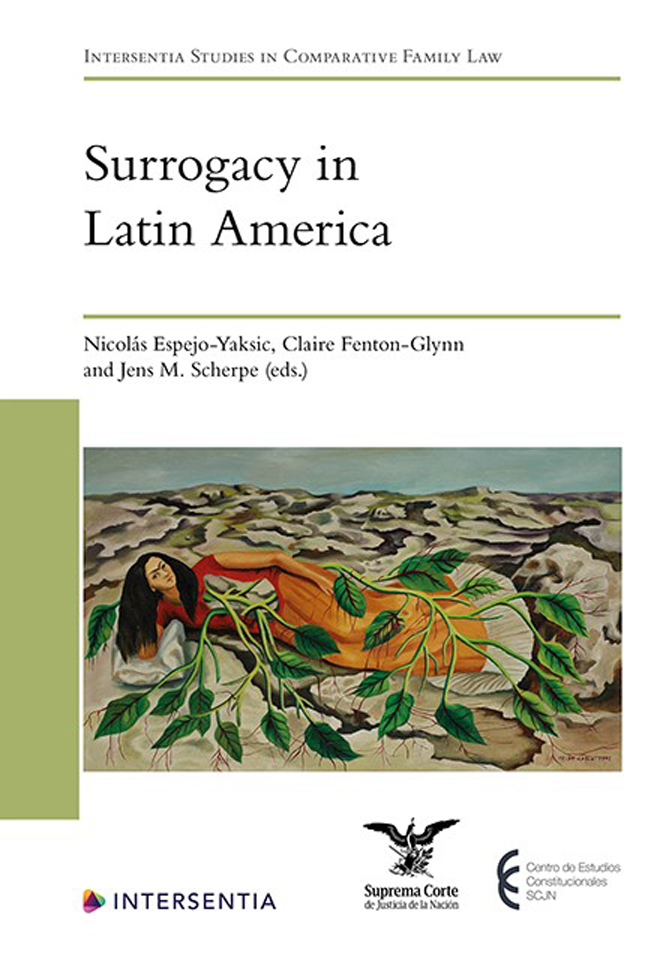Brazil
Published online by Cambridge University Press: 09 January 2024
Summary
1. GENERAL LEGAL FRAMEWORK
Brazil is included among those that regulate surrogacy based on the guidelines developed by the medical community. However, as we will see, other types of provisions must be taken into account when assessing the legal effects of this practice.
1.1. REGULATION OF SURROGACY
In Brazil there is no formal law regulating surrogacy. Instead, the legitimacy of assisted reproductive technologies rests on the constitutional recognition of freedom of family planning set forth in article 226, §7 of the Constitution of the Republic, and regulated by Law 9.263/1996. The decision whether or not to have children, and the determination of the most appropriate time and form to carry out that decision, rests with the person or couple, without interference from public or private entities. To this end, all methods and techniques of conception and contraception that are scientifically accepted, and that do not endanger a person’s life and health, including assisted reproductive technologies, will be offered in terms of article 9 of Law 9.263/1996.
In the absence of legislation on the matter, surrogacy is regulated by the Federal Council of Medicine (CFM). The CFM, created by Law 3.268/1957, is an indirect public administration entity with powers of inspection and regulation of the practice of medicine. Its regulations, in the form of resolutions, indicate the rules of conduct that doctors must follow, under penalty of disciplinary responsibility. In practice, their regulations also serve to regulate user access and some of the legal repercussions of the use of assisted reproductive technologies. Assisted reproductive technologies are currently regulated by Resolution 2.294/2021.
The structure of Resolution 2.294/2021 is relatively simple, as it consists of three articles and an appendix. Its articles establish its purpose, its entrance into force, and the repealed provisions, while the appendix lists the ethical standards that doctors must follow in the use of assisted reproductive technologies. These regulations are organised into nine sections that address, respectively: (i) general principles; (ii) patients of assisted reproductive technologies; (iii) clinics, centres or services that apply assisted reproductive technologies; (iv) donation of gametes or embryos; (v) cryopreservation of gametes or embryos; (vi) preimplantation genetic diagnosis of embryos; (vii) surrogacy, also called temporary granting of uterus; (viii) post-mortem assisted reproduction; and (ix) final provisions. Each section, in turn, indicates normative mandates through articles.
- Type
- Chapter
- Information
- Surrogacy in Latin America , pp. 65 - 82Publisher: IntersentiaPrint publication year: 2023



